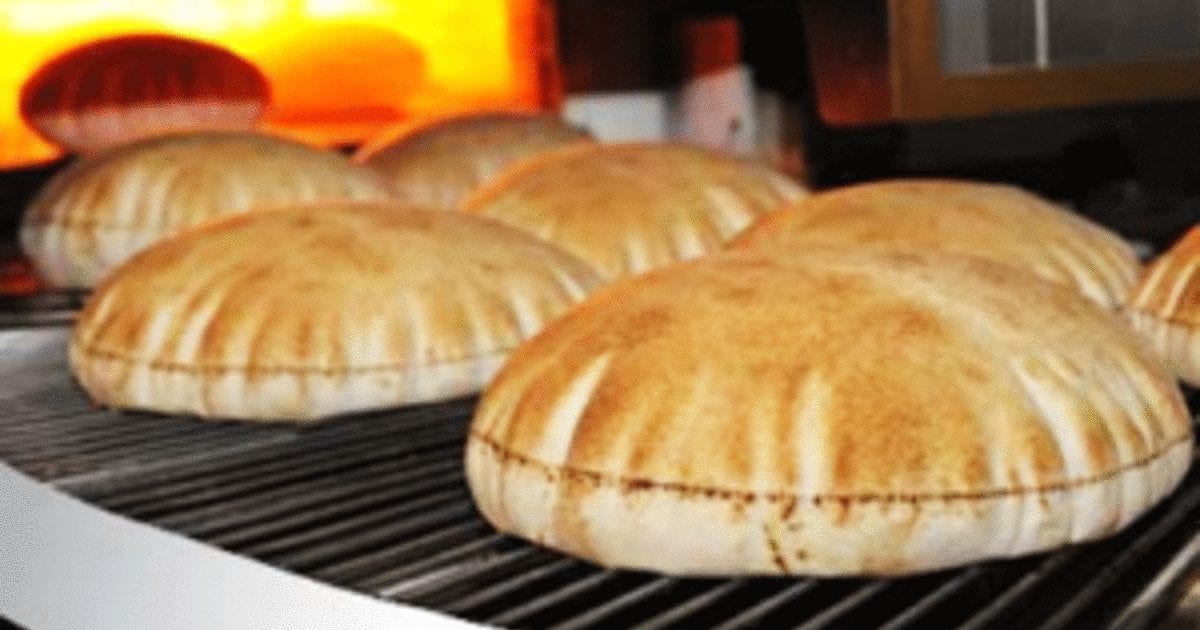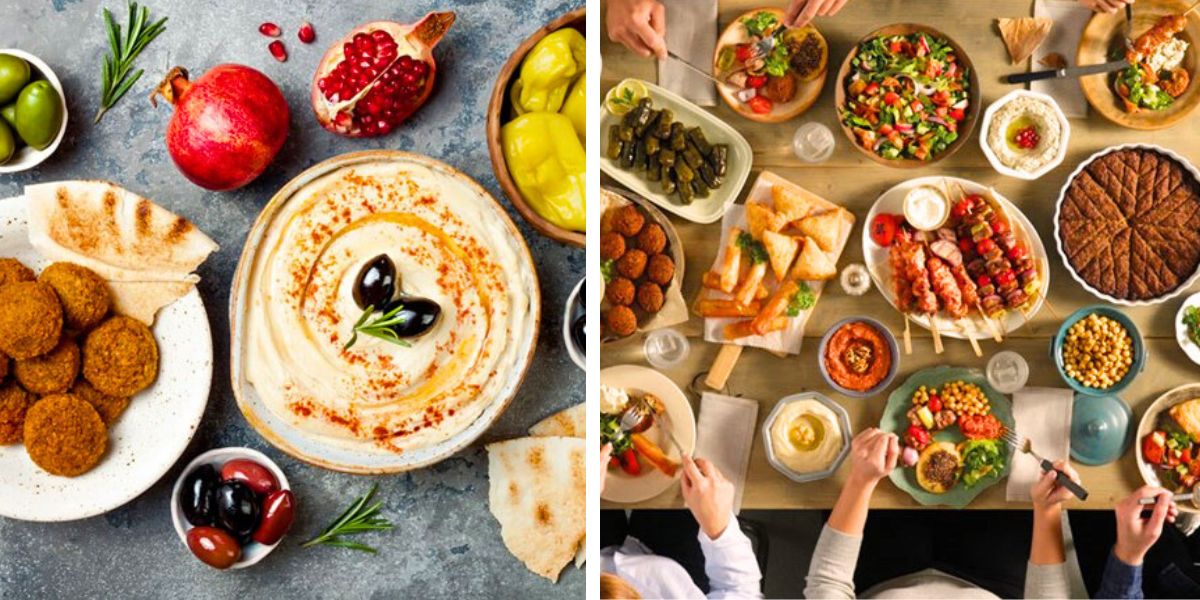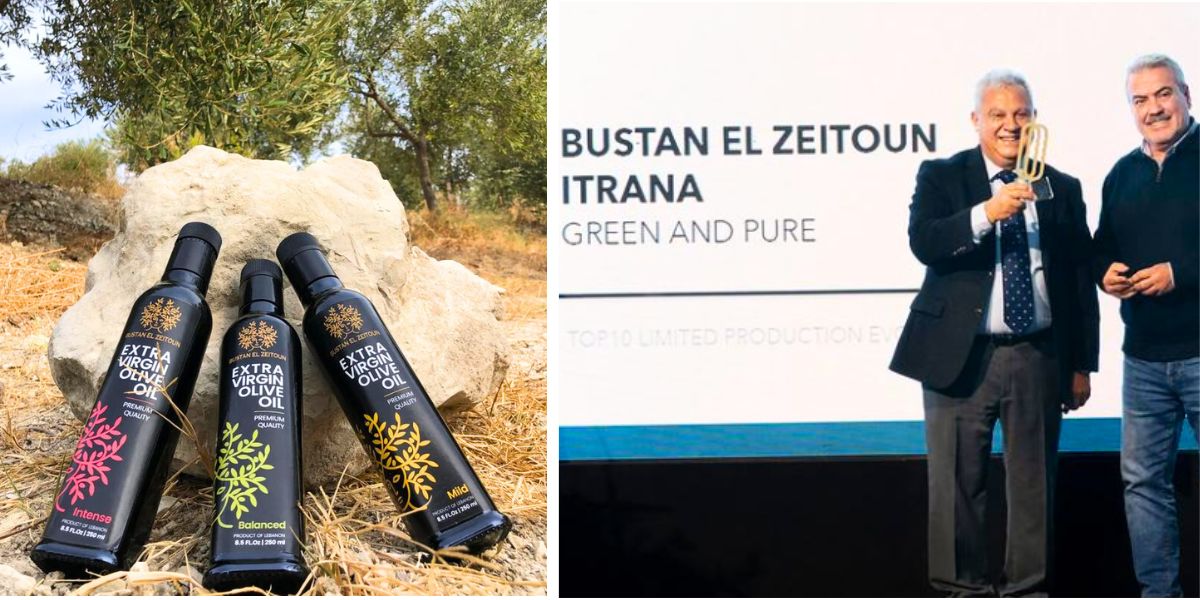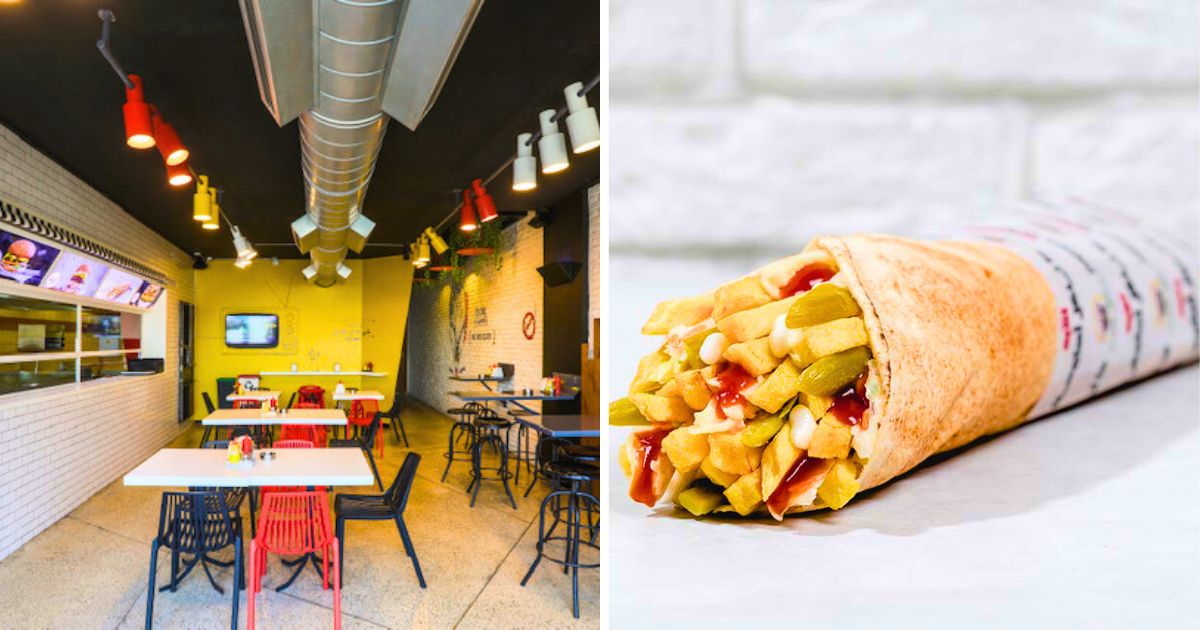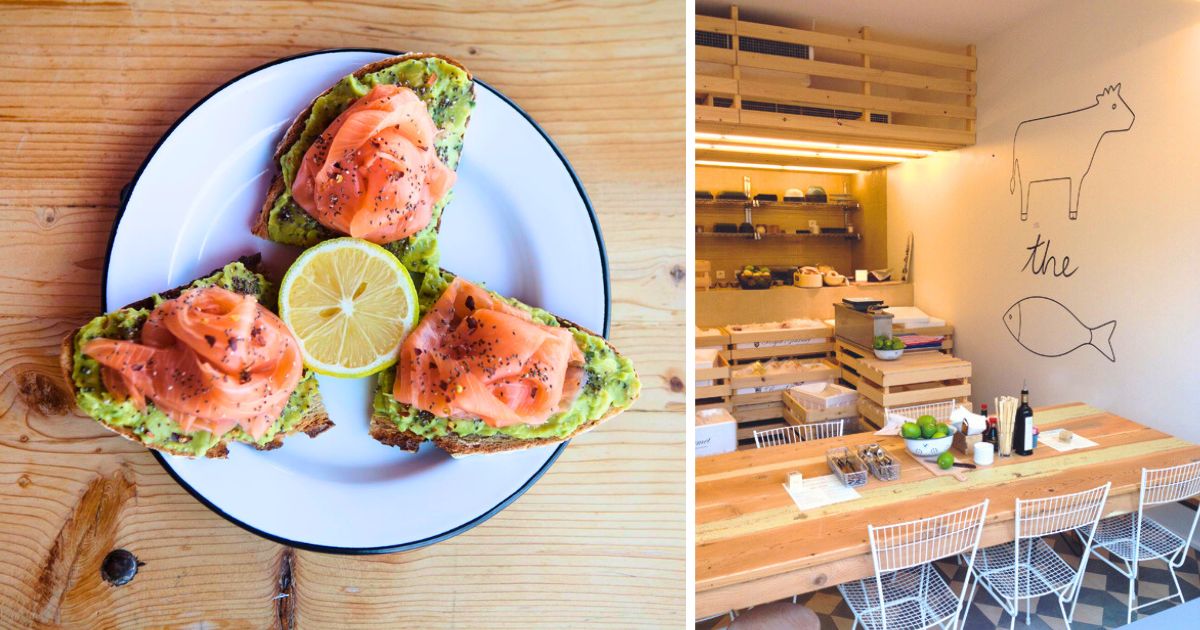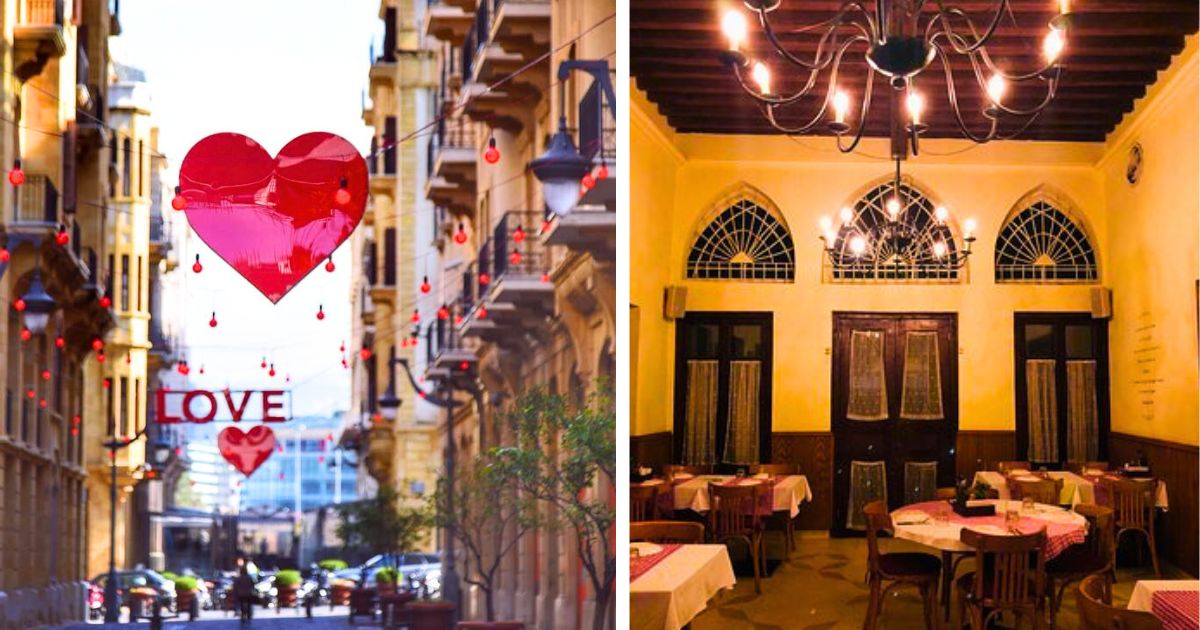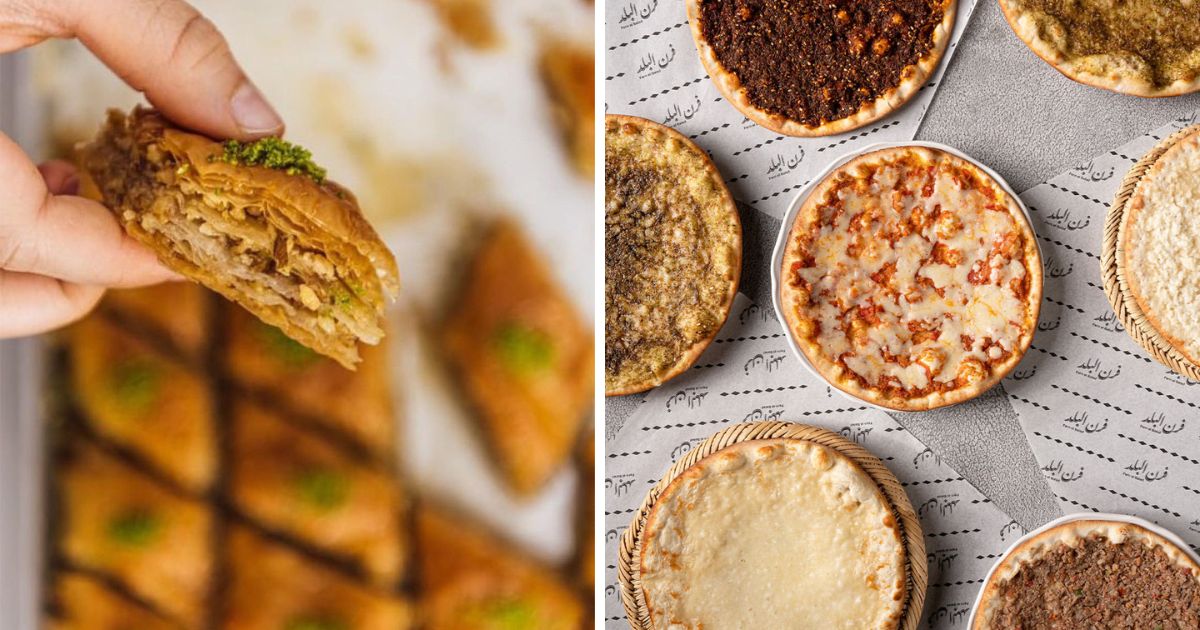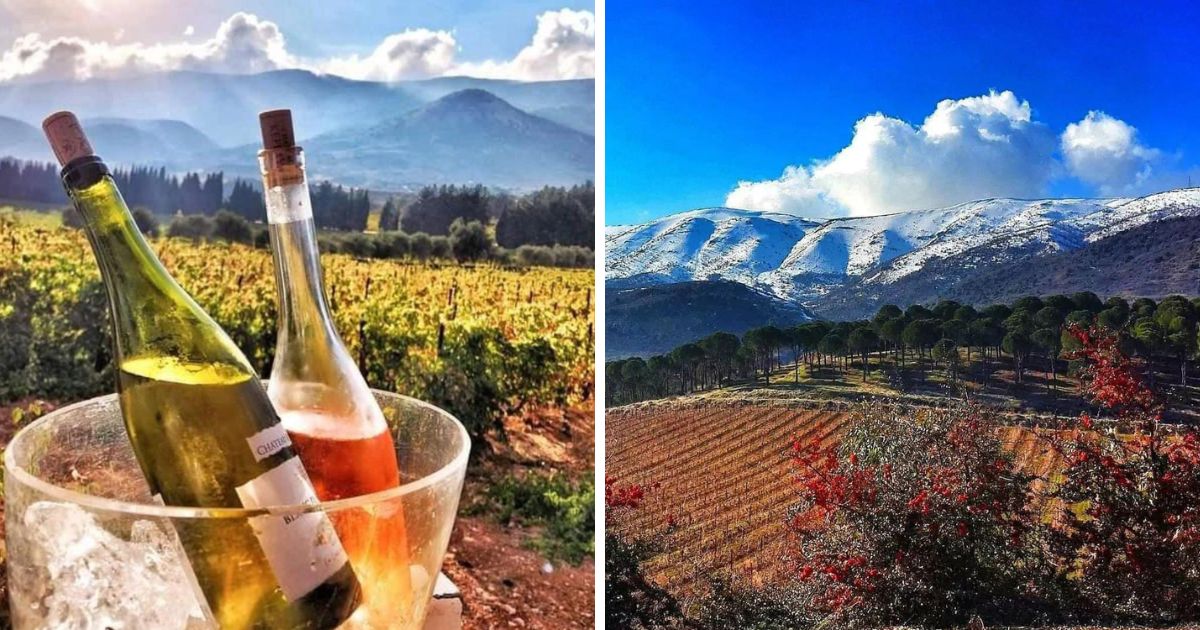This past Sunday morning, my good friend called me from Europe, and what came about was fascinating for me, an eye-opening that I am still dwelling on.
There is no way I am keeping this to myself. I ought to tell you, so here it goes as it started the moment I picked up the call:
“Am I interrupting something?” My good friend asked to which I replied jokingly, “Yes, actually I am having this very delicious Halloumi cheese, Labné with olive oil, fresh thyme and mint, tomatoes, cucumbers, w hek… Wish you were here!”
He laughed, and I couldn’t help adding, “And what are you having for breakfast, now that you’re such a foreigner?”
He replied, “Actually, I can’t wait for September. How I miss the Lebanese bread!”
“With some scrambled eggs and olives?!” I said, teasing him, surprised though that, among the variety I just mentioned to him, it was the thought of the Lebanese Khebez in particular that made him salivate with want.
And yet, I didn’t even mention khebez. But he did …because it is what we always have with the mentioned variety.
A 5-minute conversation followed about how he has traveled to many countries and, well, none of them had bread that tastes as good as the Lebanese khebez.
The passion with which he described it made me grab the loaf of khebez in front of me, and start chewing on with a new delight as if it was a gem I’ve just found miraculously.
Somehow, I swear I felt it tasted even better than before his call!
He caught the sound of me eating from his side and protested that I was taunting him. It wasn’t my intention but I found it funny that he got tempted just by the sound of me eating Khebez.
And I had to keep him tempted, “Yalla, if you come back before September, I might leave you some!”
In Lebanon, whether you are shopping at a small market, a supermarket or a big mall, you’ll always find a multitude of khebez choices, especially with the new trend of healthy lifestyle and consumption.
For you to know, our Khebez is not fattening. Nutritionists in Lebanon, like Abeer Abou-Rjaili, have assured it.
‘Our bread has no milk and no butter. The little sugar we add is to simply activate the little required yeast. It has enough calories for the needed energy; all which makes it non-fattening.’
Unlike our Khebez, the typical white bread -which you know as French baguette or American bread and the likes- has a significant amount of salt, sugar, and oil.
So, if you are a calorie-counter-freak, you might care to go for lighter choices: Brown bread, Low carbs, Multi-cereal, etc.
Did I forget our beloved SAJ or MARQOUQ?! Unforgivable sin! If you haven’t tried these yet, PLEASE DO!
Better yet is when you’re enjoying your time at a Lebanese restaurant, and your waiter approaches you with that big straight-out-of-the-oven bubbly loaf of khebez to munch with your Hummus or Mashawi (grill) plate! Yummy!
Do us all -and yourself- a favor, and forget about your diet here. Enjoy it as much as you can!
After I hung up the call with my friend overseas, I pondered while sipping my minted green tea, “Would I even enjoy each and every food that’s on this table had it not been for the precious presence of that appetizing khebez?”
Although we buy khebez bread in quantities, daily, to consume it with our three main meals, I wasn’t aware of its importance (its existence even, *sigh*) before that conversation with my friend.
It took that phone call and short friendly exchange to make me look at my Lebanese khebez differently; with new genuine appreciation, I must say. It’s like something snapped open in my mind… or heart?
By the time I finished my tea, I realized that, like with our daily khebez, I have taken for granted many things that make living in Lebanon awesome despite everything.
These things that we fail to see, immersed as our thoughts are in our local issues, and that yet keep our people abroad aching to return for at least an annual visit to enjoy them.
Maybe I should be asking them regularly what is there in Lebanon that they so miss in their life abroad.
And maybe, just maybe, it’s time for me to start paying more due attention to what’s there in front of my eyes, and around me, that my constant thoughts on our local issues are impeding me to see and appreciate.
